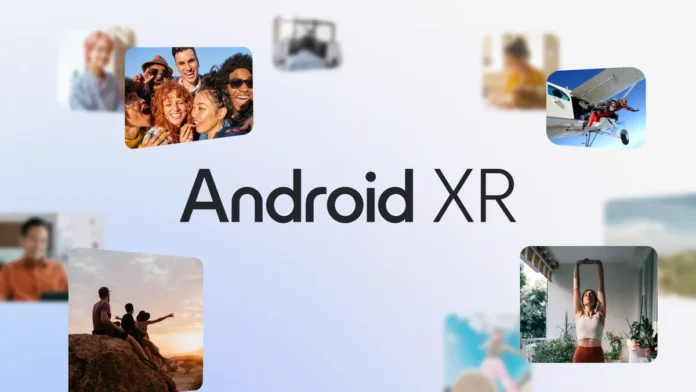Google has unveiled its groundbreaking Android XR operating system, specifically designed to power extended reality (XR) devices, including smart glasses. This ambitious move directly challenges Apple’s VisionOS and Meta Quest ecosystems, positioning Google as a major player in the XR revolution.
What is Android XR?
Android XR is a cutting-edge platform developed to support extended reality technologies, which encompass:
- Virtual Reality (VR): Fully immersive digital environments.
- Augmented Reality (AR): Overlaying digital elements onto the real world.
- Mixed Reality (MR): A seamless blend of physical and digital interactions.
It also opens the door for future innovations, integrating digital experiences into the real world in unprecedented ways.
Tools for Developers
To accelerate adoption, Google has launched a Developer Preview of the Android XR Software Development Kit (Android XR SDK), accompanied by a suite of tools:
- ARCore for AR development.
- Android Studio for streamlined coding.
- Jetpack Compose for building intuitive interfaces.
- Unity and OpenXR for cross-platform compatibility.
These tools ensure developers can create optimized applications for XR devices, unlocking the full potential of Android XR.
Project Moohan: Google’s Collaboration with Samsung
One of the highlights of Google’s XR initiative is its partnership with Samsung on a project codenamed “Project Moohan.”
- Features of the upcoming glasses:
- Powered by Android XR, they offer seamless transitions between virtual reality and the real world.
- Designed to deliver a Vision Pro-like experience, with enhanced comfort and accessibility.
- Launch Timeline: Expected to hit the market next year.
The glasses will feature popular Google apps like Gemini, Google TV, Google Photos, YouTube, and Chrome, all reimagined for immersive environments.
Gemini: Google’s AI-Powered Vision Assistant
A standout feature of Android XR is the Gemini app, which acts as a virtual assistant capable of:
- Understanding what the user sees through the glasses.
- Offering real-time guidance for tasks.
Google has also confirmed that applications from the Google Play Store will run natively on XR devices, with custom apps and games expected to launch next year.
Expanding Partnerships for XR Innovation
Google’s vision for XR extends beyond Samsung, with partnerships involving:
- Qualcomm: For advanced XR chipsets.
- Sony, Lynx, and XREAL: To develop innovative smart glasses.
- Magic Leap: Continuing collaboration to enhance AI-powered extended reality solutions.
Field Testing and Future Developments
Google has announced plans to conduct field tests with prototypes of Android XR-powered glasses, involving a small group of users. These tests will refine the platform and provide insights for future development.
Conclusion
With Android XR, Google is setting a new benchmark in the extended reality space, providing a direct challenge to established players like Apple and Meta. Its partnerships with tech giants, developer-friendly tools, and AI-driven features make Android XR a promising platform poised to revolutionize how we interact with digital and physical worlds.



